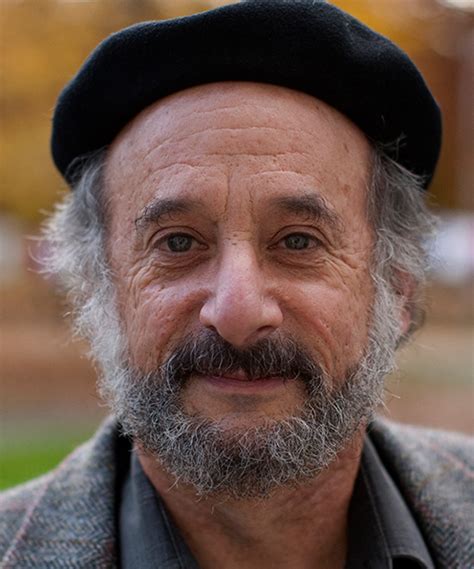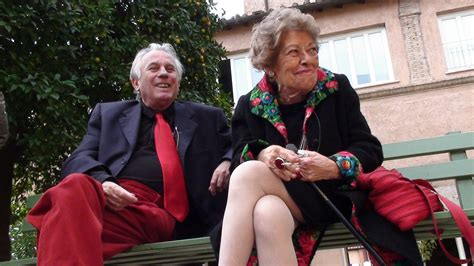A Quote by Samuel Johnson
We must consider how very little history there is--I mean real, authentic history. That certain kings reigned and certain battles were fought, we can depend upon as true; but all the coloring, all the philosophy, of history is conjecture.
Related Quotes
Music expresses feeling, that is to say, gives shape and habitation to feeling, not in space but in time. To the extent that music has a history that is more than a history of its formal evolution, our feelings must have a history too. Perhaps certain qualities of feeling that found expression in music can be recorded by being notated on paper, have become so remote that we can no longer inhabit them as feelings, can get a grasp of them only after long training in the history and philosophy of music, the philosophical history of music, the history of music as a history of the feeling soul.
I am opposing it with an idea of the history of philosophy as a history of philosophers, that is, a history of mortal, fragile and limited creatures like you and I. I am against the idea of clean, clearly distinct epochs in the history of philosophy or indeed in anything else. I think that history is always messy, contingent, plural and material. I am against the constant revenge of idealism in how we think about history.
Years should not be devoted to the acquisition of dead languages or to the study of history which, for the most part, is a detailed account of things that never occurred. It is useless to fill the individual with dates of great battles, with the births and deaths of kings. They should be taught the philosophy of history, the growth of nations, of philosophies, theories, and, above all, of the sciences.
What they teach you as history is mythology and true mythology is far from fantasy -- it is our true history. A bulk of our real history can be found in Egyptian and Greek mythology. Yes, myths reveal to us worlds of other dimensions that make up our true reality. History books teach us that the minds of the past operated on the same frequency, dimension, or level of consciousness as we do now. Not true at all.
What initially attracted me to The Seventh Seal was that it had values and characteristics which I was familiar with in other art forms, most notably, the European novel and certain forms on English drama, and indeed, in relation to my rather academic interest in history -- not "history" in the normal sense, but history as a form of entertainment . It might be a very unfashionable view but I believe that history is an amazing bank or reserve area of plots, characterisations, extraordinary events, etc.
This is in us: a certain sense of denial, a certain sense of groupthink. This is not something that sits on one party line or the other. We've seen it in all permutations throughout history, and at the core of it is a certain insistence that what we want to be true is now true, and what we don't like is now false.






































